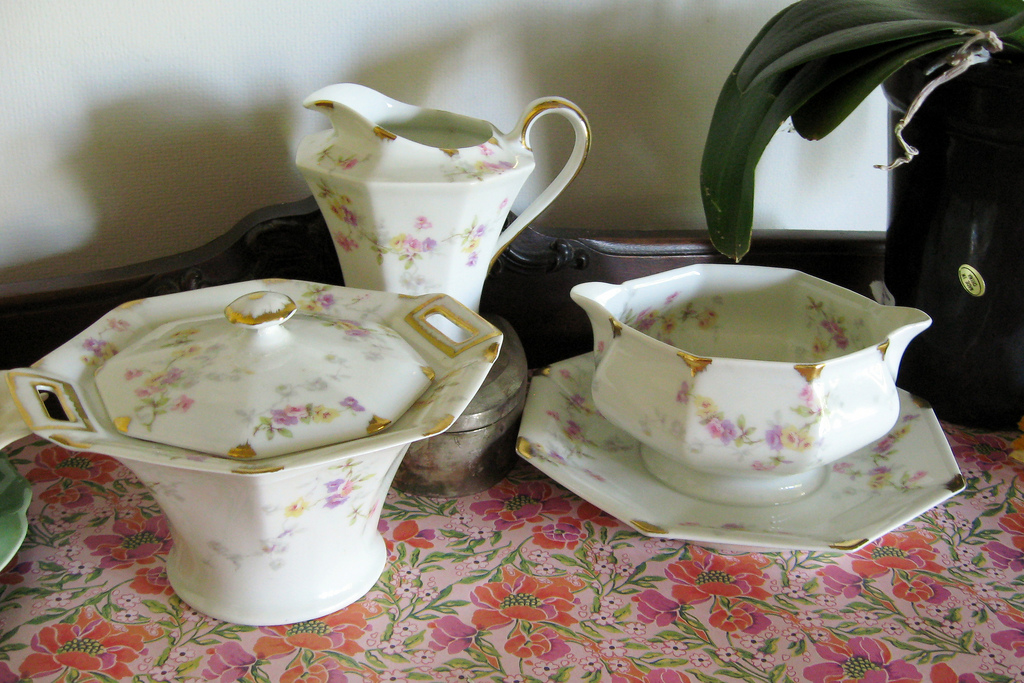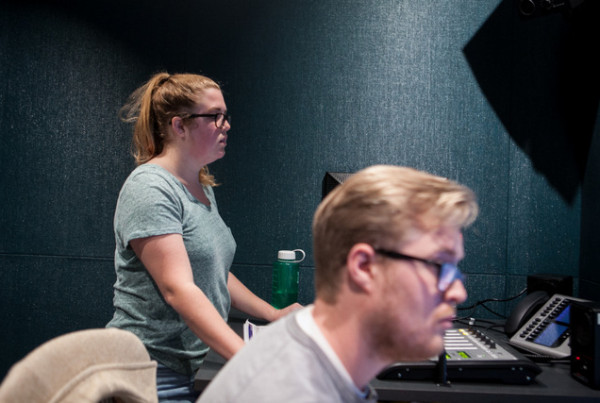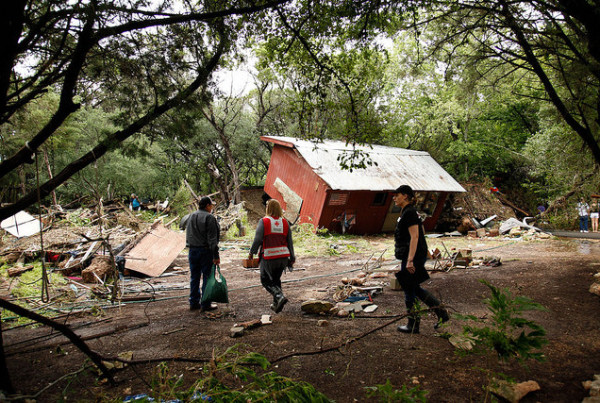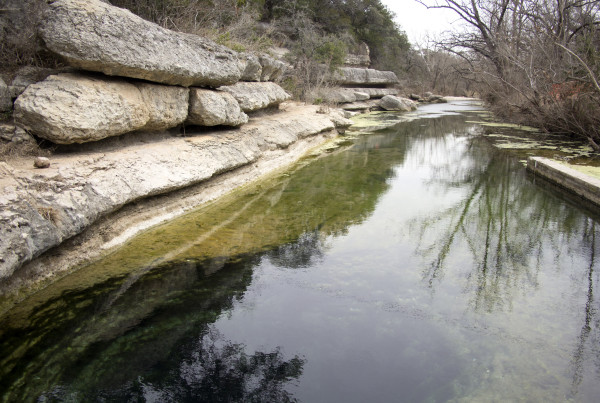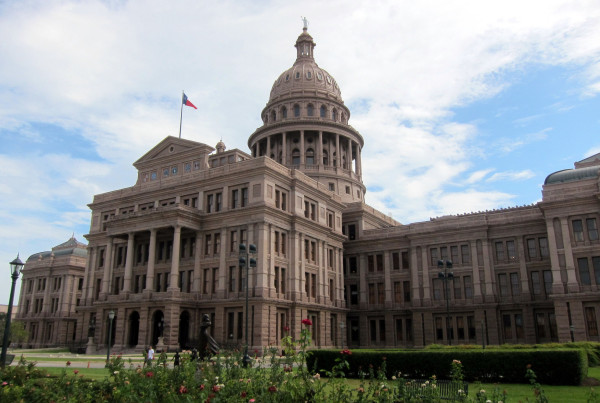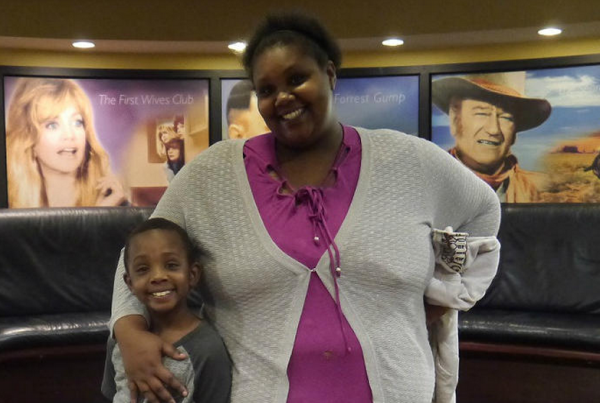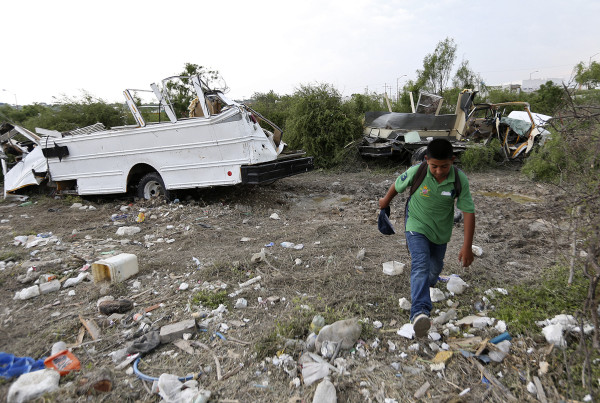To downsize and move to a downtown condo, my husband and I sold or gave away small cities of dressers, beds, and bookcases, kitchen appliances and clothes and mattresses. I’m not sure if we collected mountains of possessions over decades of marriage and two children , or if the mountains of stuff collected us. But much of it’s gone and I don’t miss it.
What we kept, though, in our great household purge ,doesn’t always make sense to anyone else. A small assortment of non-useful objects that became meaningful to us over the years. What we kept – I keep thinking – are possessions that tell a story.
Like many Texans my age, I’m not too far removed from the frontier. I grew up with stories of my forbears’ poverty and struggles. They settled in Nebraska and Oklahoma, where the wind howled and whipped the dust, and the earth was hard. These ancestors were different from my own, soft generation my mother always said: sterner and tougher than us.
My mother’s paternal grandmother, Nellie Worrall Clift, was a farmer’s daughter who married an English worker at the family farm in Nebraska. She and my great-grandfather moved to Blackwell, Oklahoma, where they farmed and raised six children.
I never knew my great-grandmother, who died of breast cancer in her fifties. In the few photos of her, she looks large and stern – but who knows? Everyone who knew her is now long dead.
One of the possessions we’ve kept is her set of fine china. It’s a delicate pink, green, and gold against a white backdrop. “Haviland china,” my mother always told me. “It’s from France.”
We’ve kept the china almost 20 years, since my mother’s death. We only use it at holidays, once or twice a year. But I won’t give it up.
When I look at it, I think of this woman I never knew. She grew up, but never old, in a hard, sun-baked land. Like so many American pioneers, she looked east for culture and refinement. When she finally had some money to spare, she sent off for these fragile dishes from a country she never visited. Knowing this tells me something about her – some kind of yearning she had – that always touched me.
In the end, none of us leave very much behind. My great-grandmother left a husband, six children, and this set of Haviland china. The prairie where she lived has been paved and farmed and cultivated, and the frontier has disappeared. Only the china — and the stories we tell ourselves about it — remains.


